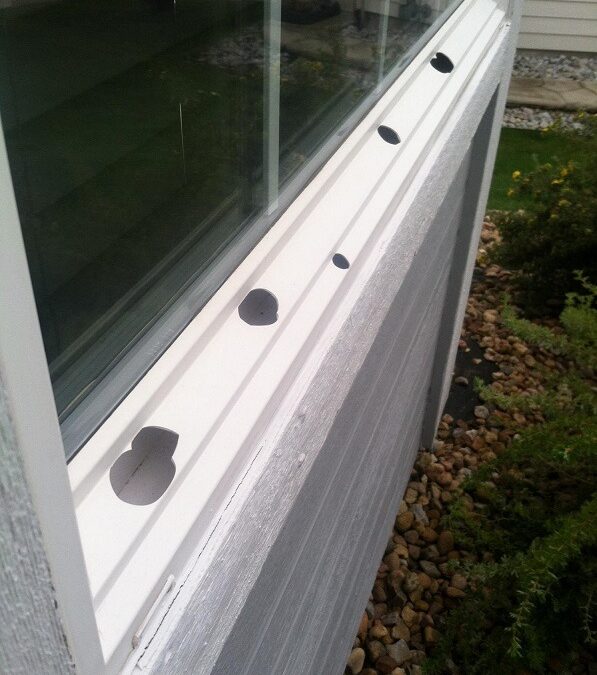Vinyl windows have become increasingly popular in recent years due to their durability, energy efficiency, and affordability. However, like any other window, vinyl windows can be affected by the weather and climate, which can have an impact on their performance and lifespan. In this blog, we will explore how weather and climate can affect your vinyl windows and provide tips for complete window care.
Temperature Fluctuations
Vinyl windows are designed to expand and contract with changes in temperature. However, extreme temperature fluctuations can cause the vinyl to warp or crack, leading to air leaks and water damage. For example, in hot climates, direct sunlight can cause the vinyl to expand, while cold temperatures can cause it to contract. To prevent these issues, it is essential to choose high-quality vinyl windows that can withstand temperature changes and avoid exposing them to direct sunlight for extended periods.
Moisture and Humidity
Moisture and humidity are also factors that can affect vinyl windows. High levels of moisture can cause the vinyl to soften and weaken, leading to warping and cracking. In addition, condensation can form on the inside of the window, which can lead to mold and mildew growth. To prevent these issues, it is essential to ensure proper ventilation in your home and avoid excessive moisture levels. Additionally, sealing around the windows can help prevent air leaks and water damage.
Wind and Storms
Strong winds and storms can also affect vinyl windows. High winds can cause the windows to flex, leading to warping or cracking. In addition, flying debris during a storm can cause significant damage to the windows. To prevent these issues, it is essential to choose windows that can withstand high winds and storms. Additionally, it is recommended to install storm shutters or impact-resistant windows in areas prone to hurricanes or severe storms.
UV Rays
UV rays from the sun can cause the vinyl to fade and become discolored over time. To prevent this, it is recommended to choose vinyl windows with UV inhibitors, which can help protect against fading and discoloration. Additionally, it is essential to clean the windows regularly and avoid using abrasive cleaners, which can scratch the surface and cause damage.
Salt and Coastal Environments
If you live in a coastal area, salt can also have an impact on your vinyl windows. Salt can cause the vinyl to break down and weaken, leading to cracking and warping. In addition, the constant exposure to saltwater can cause corrosion on the window hardware. To prevent these issues, it is essential to choose vinyl windows that are specifically designed for coastal environments. These windows typically feature hardware that is resistant to corrosion and vinyl that can withstand exposure to saltwater.
Air Pollution & Vinyl Windows
Air pollution can also affect your vinyl windows, especially if you live in an urban environment. Pollutants in the air can cause the vinyl to discolor and fade over time. To prevent this, it is recommended to clean your windows regularly and avoid using abrasive cleaners that can scratch the surface. Additionally, choosing windows with UV inhibitors can help protect against discoloration caused by the sun and air pollution.
Proper Installation
Finally, proper installation is crucial for maintaining the performance and lifespan of your windows. Poor installation can lead to air leaks and water damage, which can cause significant issues over time. It is essential to choose a reputable and experienced installer who can ensure that your windows are properly installed and sealed. Additionally, regular inspections can help identify any potential issues early on and prevent costly repairs in the future.

